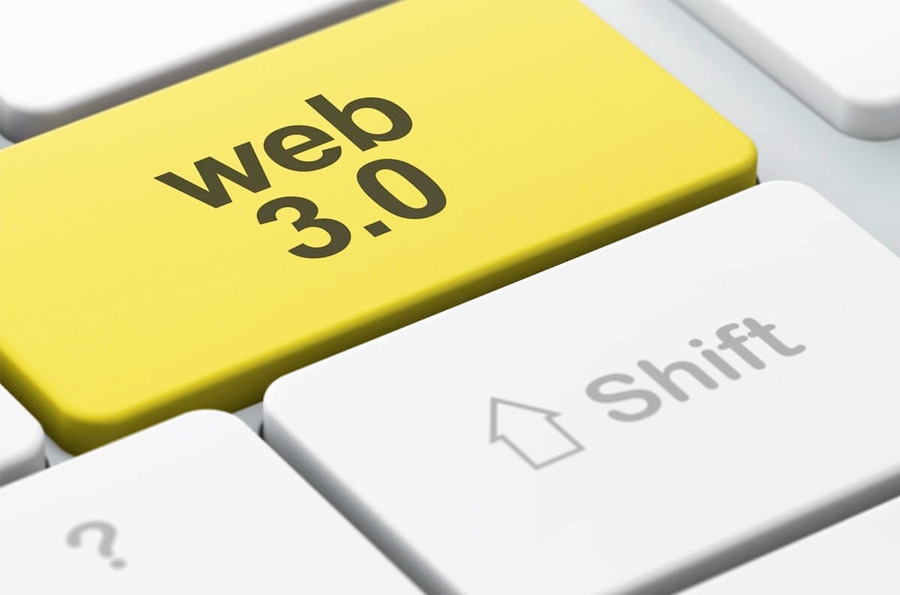The future of the Internet: What is Web 3.0?

Yıllardır internetin evrimleşmesinin ardından merakla beklenen Web 3.0 nedir? Neler vaat ediyor ve ne zaman gerçekleşecek?
Internet is a big part of human life nowadays, even a phenomenon that takes place in the middle of it. We can see many of our jobs over the internet. Most of us use internet networks for shopping, business or educational purposes, as well as for spending our spare time.
In line with this widespread usage, the web is gradually improving and evolving. The internet network that we first know as Web 1.0 came out at the end of the 1980s and had relatively few participants. For more than 20 years, Web 2.0, defined as interactive internet, has been used. The future of the internet, which is anticipated for all eyes, Web 3.0, has been on the agenda recently thanks to the bitcoin world. So what is Web 3.0?
What is Web 3.0 and what does it do?
Web 3.0, which has been on the agenda from time to time since 2004 , came to the fore again just when we started to give up hope. . What reminded us of Web 3.0 again was the world of finance. It is hoped that cryptocurrency blockchains such as Bitcoin, Etherium will bring the internet to its new evolution and bring us to Web 3.0‘. So what will this Web 3.0 have to offer?
”World Wide Web” has an open and ”WWW” The change of the internet network, which we know as the internet, actually intersects with Metaverse in a way. After Web 2.0's became widespread, many internet giant brands and applications that we know began to emerge. Google, Twitter, Facebook, YouTube, LinkedIn . brands have evolved thanks to Web 2.0.
The fact that the second evolutionary form of the Internet has brought us so much innovation has led us to follow the path of Web 3.0. We can say that Web 3.0, which has been on the agenda for many years, is finally starting to become definite. This new internet network is called semantic network. So what does this mean?
The agents in Web 1.0 were servers. You need servers to interact with someone; we were hearing. In Web 2.0‘these servers have been replaced by platforms and we have become able to communicate only by registration. So, is it possible to communicate with someone over the internet without an intermediary? At this point, Web 3.0 comes into play.
Web 3.0 will allow to establish a decentralized connection without any intermediaries. Again, cryptocurrencies with a decentralized system have become the viral subject of recent times. This brought the possibility of Web 3.0 to be realized again and led us to an involuntary expectation.
Apps will disappear
”app” applications named "dapp" in Web 3.0; (Decentralized app – it's called decentralized app). In other words, dapp‘s that work with the logic of wallet will be used instead of applications for surfing the internet. Thus, only the producer will be paid for the content produced, and the applications will not receive any profit from it.
When you listen to a song, read a news or access and benefit from any content, the fee will not go to the applications. &Cedil;∵ The content owners will deliver the work they have created directly to the user and there will be no intermediary. That's what the decentralized system we're talking about promises to do.
Web 3.0's relevance to Metaverse
A closer look, Metaverse and Web 3.0 are highly relevant entities. Web 3.0 is a infrastructure for Metaverse
